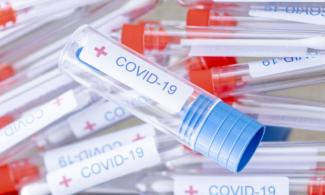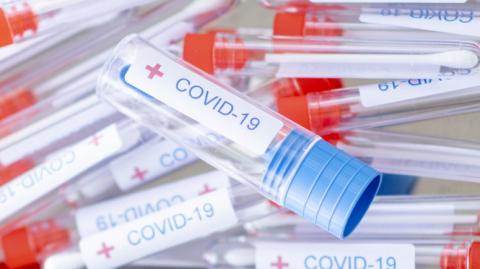
This is the first study to show that slow walkers have a much higher risk of contracting severe COVID-19.
A new study has revealed that people who walk slowly are nearly four times more likely to die from coronavirus.
The study, which was conducted by the National Institute for Health Research (NIHR), Leicester Biomedical Research Centre, was designed to explore links between self-reported walking pace and high mortality rate among persons positive with COVID-19.

After evaluating data collected from 412,596 middle-aged people, the researchers found that slow walkers with normal weight were 3.75 times more likely to die from the virus than brisk walkers.
The study also found that slow walkers were 2.5 times more likely to develop severe COVID-19 symptoms than fast walkers.
The death risk was said to be “uniformly high” in normal weight slow walkers and slow walkers that are obese.
According to the researchers, slow walking is considered to be at a speed of fewer than three miles (4.8km) per hour; steady/average speed was three to four miles (6.4km) per hour while brisk walking was at more than four miles per hour.
BBC quoted Tom Yates, the lead researcher, as saying self-reported walking pace could be used to predict whether someone was at higher risk.
Yates said, “We know already that obesity and frailty are key risk factors for COVID-19 outcomes.
“This is the first study to show that slow walkers have a much higher risk of contracting severe COVID-19 outcomes, irrespective of their weight.
“Ongoing public health and research surveillance studies should consider incorporating simple measures of physical fitness such as self-reported walking pace in addition to BMI, as potential risk predictors of COVID-19 outcomes.”
The researchers, however, noted that self-reported walking pace was subject to possible reporting bias and as a result, “no definitive causal conclusions could be derived from the results”.